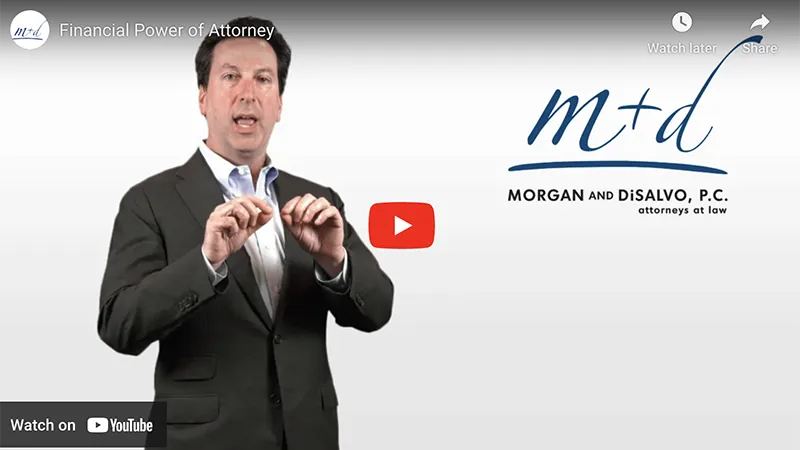Power of Attorney

Designating an Agent to Act on Your Behalf
A Power or Attorney (“POA,” also known a “Durable Power of Attorney,” or simply “Power of Attorney”) allows you to empower a trusted agent and avoid the need for a formal guardianship or conservatorship (which can entail many court-related costs and hassles, including ongoing court supervision of your financial affairs). It enables you to designate a trusted agent to assist you with handling your financial and property matters if and when needed.
It is important to update your Power of Attorney frequently. Since third parties such as financial institutions and insurance companies are not required under Georgia law to accept a POA (even though it is legally valid), updating it every three years or so can help avoid the possibility that a third party will refuse to accept the document when it needs to be used.
A Power of Attorney can be written so that it becomes effective immediately or only upon your incapacity. Having a POA effective immediately allows it to be used for your convenience, such as when you are out of town. It also helps avoid undue delays, such as when a doctor or other third party must take some affirmative action to certify that you are not able to handle your own affairs.
If desired, a Power of Attorney can provide your agent with the power to fund an existing or new Revocable Living Trust on your behalf, the power to make gifts to desired individuals or charities, or the power to undertake Medicaid planning for your benefit. A POA can contain other powers that are intended to allow your agent to better ensure that you and your family are protected in the future.
Financial Power of Attorney

